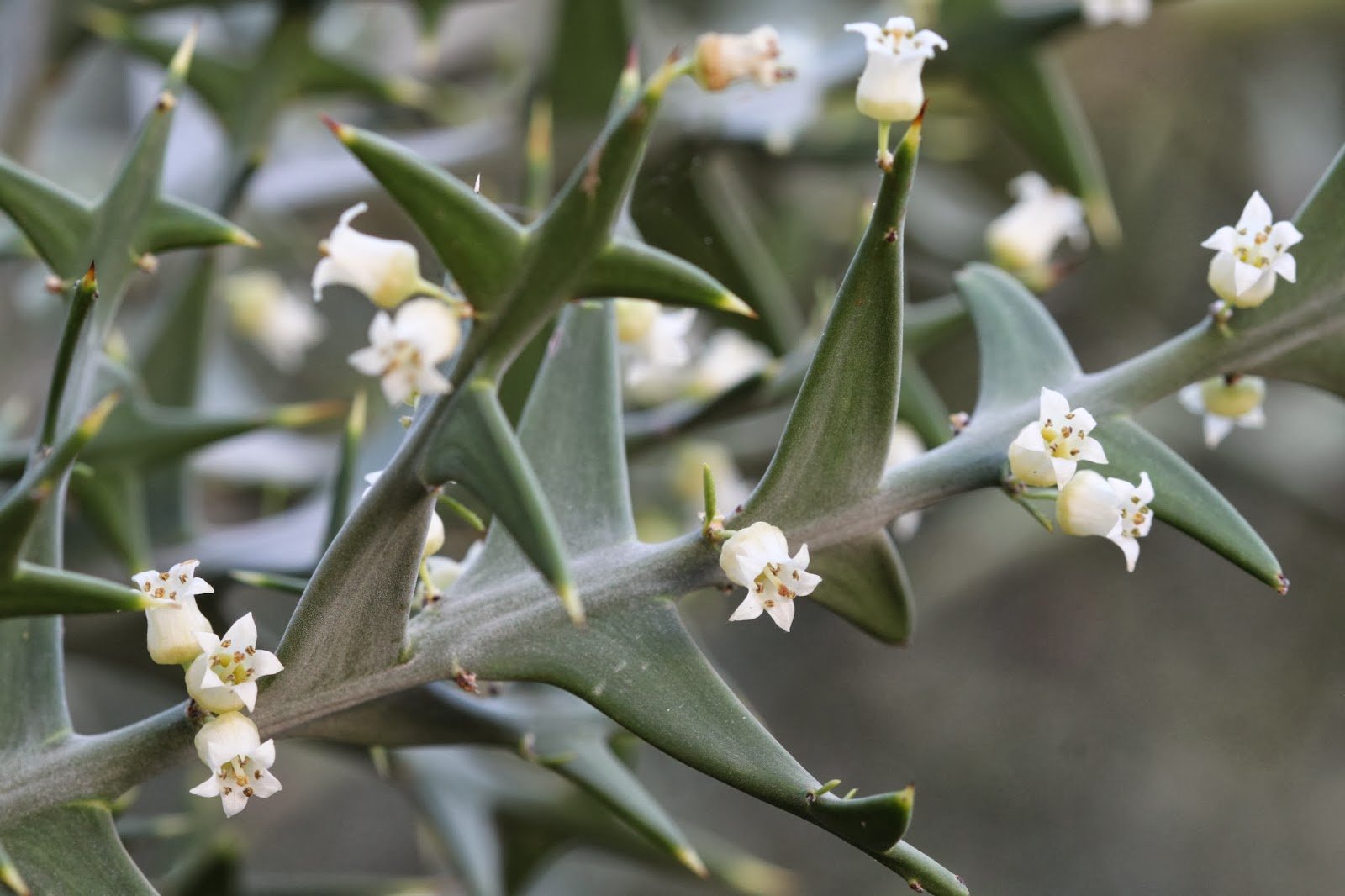The Vast Love
The Vast Love: 15 March 2024
Sometimes when I walk, I think of interesting, clever, fresh things to write. But often I forget to jot them down and then I only have the memory of having thought the thoughts.
Once in college I wrote a mediocre philosophy paper on Nietzsche and, as was the wonderful custom, my professor let me rewrite it. In talking it over with a friend and with some remove from the original draft, I had a little eureka moment and the slot machine reels all fell into place and I understood something in a brand new and exciting way. I knew that I knew! I wrote it down, but didn’t explain it very well, and got a better grade but not the adulation I’d secretly hoped for, and even only a couple of weeks later I couldn’t have told you my big break through, and these decades later I only remember that I differentiated between truths and Truth, but that it felt big.
I love when I slot into that feeling: the knowledge that there is something larger, and beautiful, (and transcendent, majestic, harmonious, loving) and that I have a place—that the vastness has a need for little me. That my presence is required and desired and necessary. And that everyone else is required, too. It is to feel both important and ordinary; to feel a moment of perfect placement.
I don’t often get these feelings when I’m around other people. Maybe I’ve felt a version of it rocking baby Jack’s sleep-heavy body or letting go of Emma for her to swim alone. Maybe with my hand on Dad’s forehead before and for a little while after he died or falling asleep holding Mark’s hand.
I do often feel it in nature.
These days it’s the foamy pink cherry blossoms that get me. It’s noticing a few birds and squirrels still hunting for food when my dog, ears flat, slinks away from the Red Tales’ screeching. It’s seeing the peonies an inch above ground one morning and eight inches the next. It’s hearing the first big bumble bee and anticipating the first skittering skink.
But it’s always fleeting. I can’t explain it adequately. It’s like trying to explain a dream. Or Nietzsche. The emotion of it lingers even as the gossamer details dissolve like morning fog.
Sidney Lanier offers one of my favorite attempts at description. I love these lines In his magnificent The Marshes of Glynn :
“Ay, now, when my soul all day hath drunken the soul of the oak,/
And my heart is at ease from men, and the wearisome sound of the stroke/
Of the scythe of time and the trowel of trade is low, /
And belief overmasters doubt, and I know that I know”
The stunning, architectural Prunus pendula in our yard is sporting her early spring finery. This is the glory week. Peak pale pink blossoms like fairy lights illuminate the graceful, twisted, draping branches. There will come the inevitable rainstorm that strips them bare and ready for the new spring green leaves. But this week we revel in the blooming froth of abundance. Of possibility. Sometimes the voice of Jesus is heard with our eyes. From the child of God that is the tree, or the hawk, or the burgeoning peony.
I can feel the vast Love in poetry, like Lanier’s full Hymns of the Marshes, or in Annie Dillard’s essays, or an immersive novel like Richard Power’s The Overstory. Often, I can feel it in music. And sometimes I can feel it in church. But church is hard.
Isn’t that a disappointment. Shouldn’t worship be the primary place to feel the vast Love that desires our participation? Shouldn’t worship be falling in love all over again week after week? Maybe for some people it is. But Sunday morning these days is less a courtship preparation and more a series of negotiations. It’s an uncomfortable but important reminder that worship, as I continue to tell myself and my children, is not about you. Worship is about God. I can’t say that makes Sunday morning an easier sell.
And popular culture isn’t really helping. Not much kind speak about organized religion. I’m sure that we confuse our kids because we, also, disdain much of what passes for Jesus-following these days. Our congregation is not free of faults, but I like to think that our practice of reviewing and renewing (one might say, reforming) both our strengths and challenges helps us make good collective decisions. Ongoing discernment takes longer than voting, though, and can be misread as stalling or hypocritical. Sometimes it is these things. Church is hard.
Once we make it to church there’s more negotiating. Mark sits in the choir loft. I often usher. Sometimes Emma sits with other families, and sometimes we have schedule conflicts. But I really like to sit with my kids during worship.
Do I like it that my tween daughter will hold my hand or that my high school wrestler son will sometimes put his head on my shoulder? Yes. Do I like it that they’re doing it out of boredom and frustration? No. However, since they were tiny, I’ve made it a point to be pretty handsy with my kids because touch can often convey love/pride/acceptance/sympathy much clearer than words. I wish I’d had more touch in my childhood. Also, I want them to know the truth of respectful, loving touch that asks for nothing in return—touch that is 100% about them. Because touch can be so manipulative and deceptive. Is that a good lesson to reinforce during worship? I would suggest that love/pride/acceptance/sympathy is the point of collective worship. It’s about God, and taking care of all of God’s children is worship.
Which is all well and good until my kids are disruptive, and then I spend the hour conversing with myself about at what point I should rein them in. If you could look inside my brain, you’d see a vigorous debate between the let them have fun memories of church, at least they’re here thoughts and the they’re ruining church for other people (and me) and might resonate with something if they’d just pay attention thoughts. During these debates I can tell you what I’m not feeling: the vast Love that desires my participation. And I can guarantee they aren’t either.
In meditation this morning, sitting in the Daylight Savings darkness, I revisited a practice of imagining Jesus in the room with me, his kind eyes full of love. Quickly I remembered the difficulty of sustaining the looking at one another part and thought maybe Jesus and I could ease into it with a little small talk. And then I wondered, what does Jesus’s voice sound like? Right then an American Robin piped up to lead off the dawn bird chorus and I laughed at the sly lesson. Jesus’s voice sounds like whatever voice is speaking, in whatever language, by whatever species of God’s children, as long as I’m listening for it. I sat with that a little while, listening to the occasional chirping, settling into the embrace of God’s love, and was rewarded with two Barred Owls calling right outside my window. Which reminded me to thank God for family time.
After supper last night I joined both kids on Emma’s bed, and Grady came too, and we just hung out for a while. Then they went to fix themselves ice cream and I heard them jousting about how to say syrup, because honestly, they can bicker about anything. The way Emma said syrup reminded me of the name Cyril, which reminded me of the wonderful Lucy Cousins board books I used to read about Maisie the mouse and her squirrel friend, Cyril (which is hands down the best squirrel name ever).
I went to the bookshelves and found Maisie’s Fire Truck and read it aloud to them. Then I went back and picked another few favorites: Owl Babies by Martin Waddell, Head to Toe by Eric Carle, and Everywhere Babies by Susan Meyers with beautiful illustrations by Marla Frazee. I had them point out things in the pictures and I did the voices and I made them try to do the Head to Toe things and it felt like vast Love.
If I’d tried to engineer that the night before, it wouldn’t have felt like love. It would have involved some snarling and eye rolling. And they would’ve acted badly, too. Platitude love at best. But when I heard Love call last night, I abandoned my other plans to capitalize on it.
That is what happens for me sometimes in church, sometimes with people, and most often in nature. We are Jesus’s voice to one another, and sometimes to ourselves, and if you notice with your ears or your eyes that the Vast Love is speaking to you through one of God’s children, for God’s sake—and for yours—embrace the moment. Participate. File it away and savor the emotional memory even if you forget the particulars.
The world is spinning toward Easter. In these last two weeks of Lent, pay close attention.
Be Jesus’s voice to a child of God today.
Receive Jesus’s voice from a child of God today.



